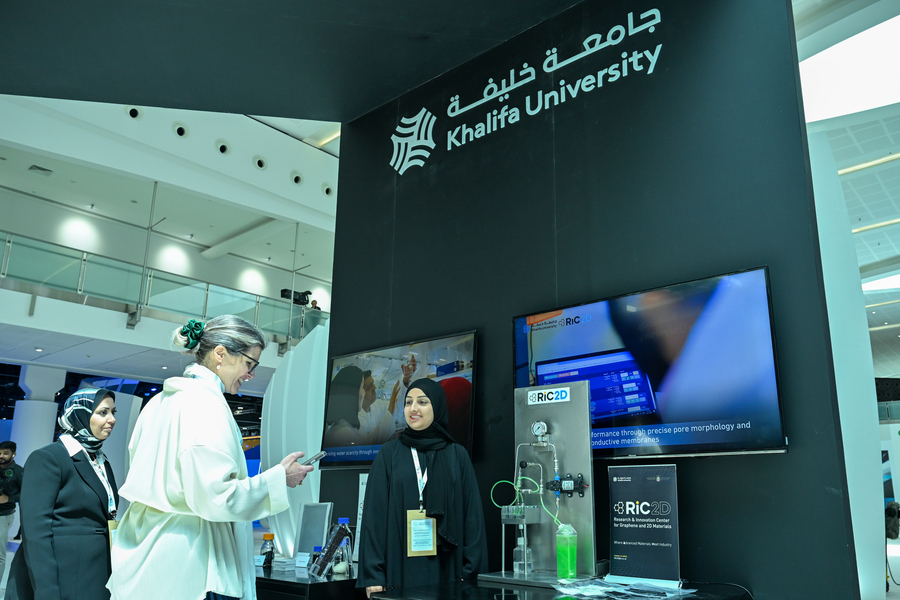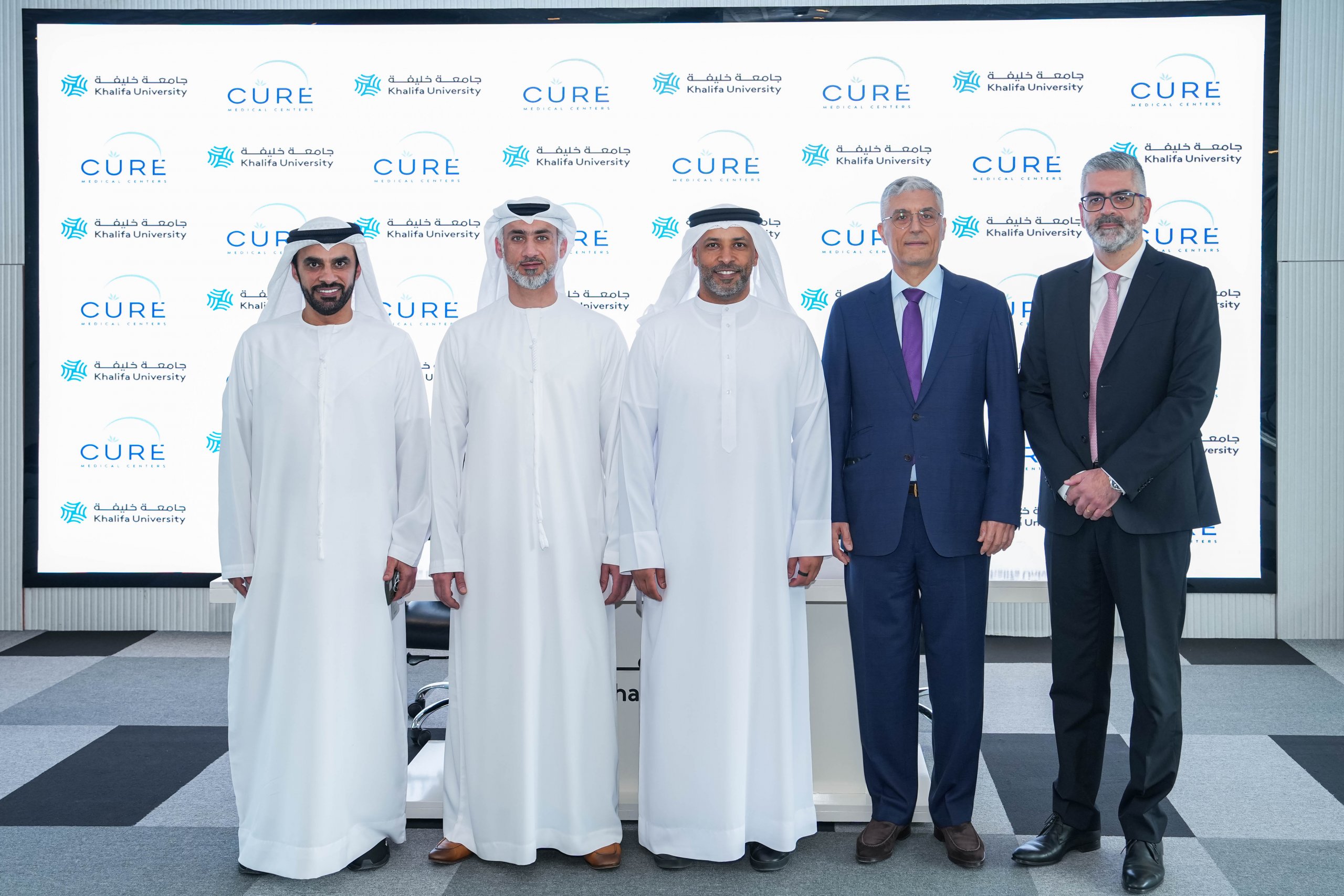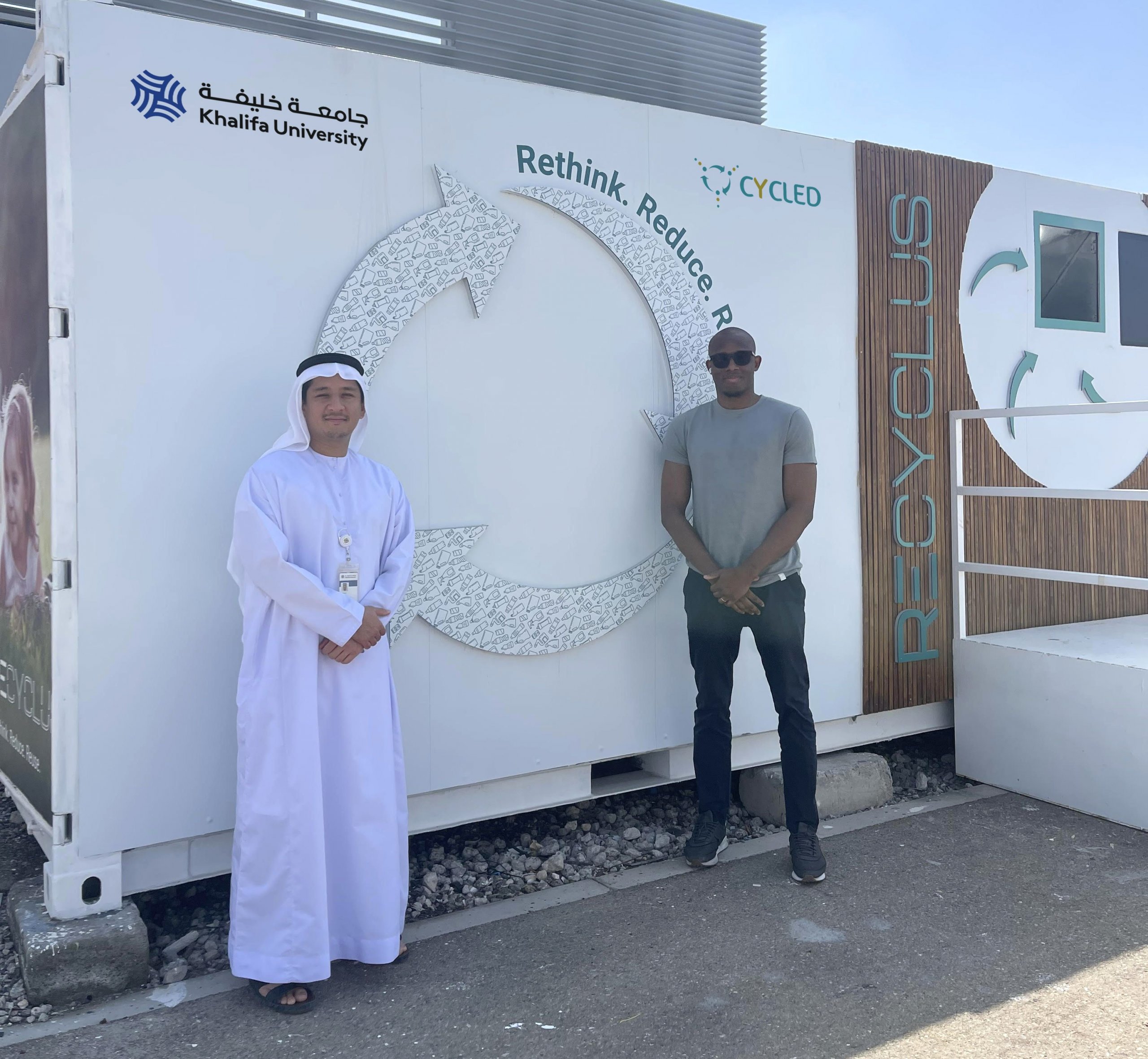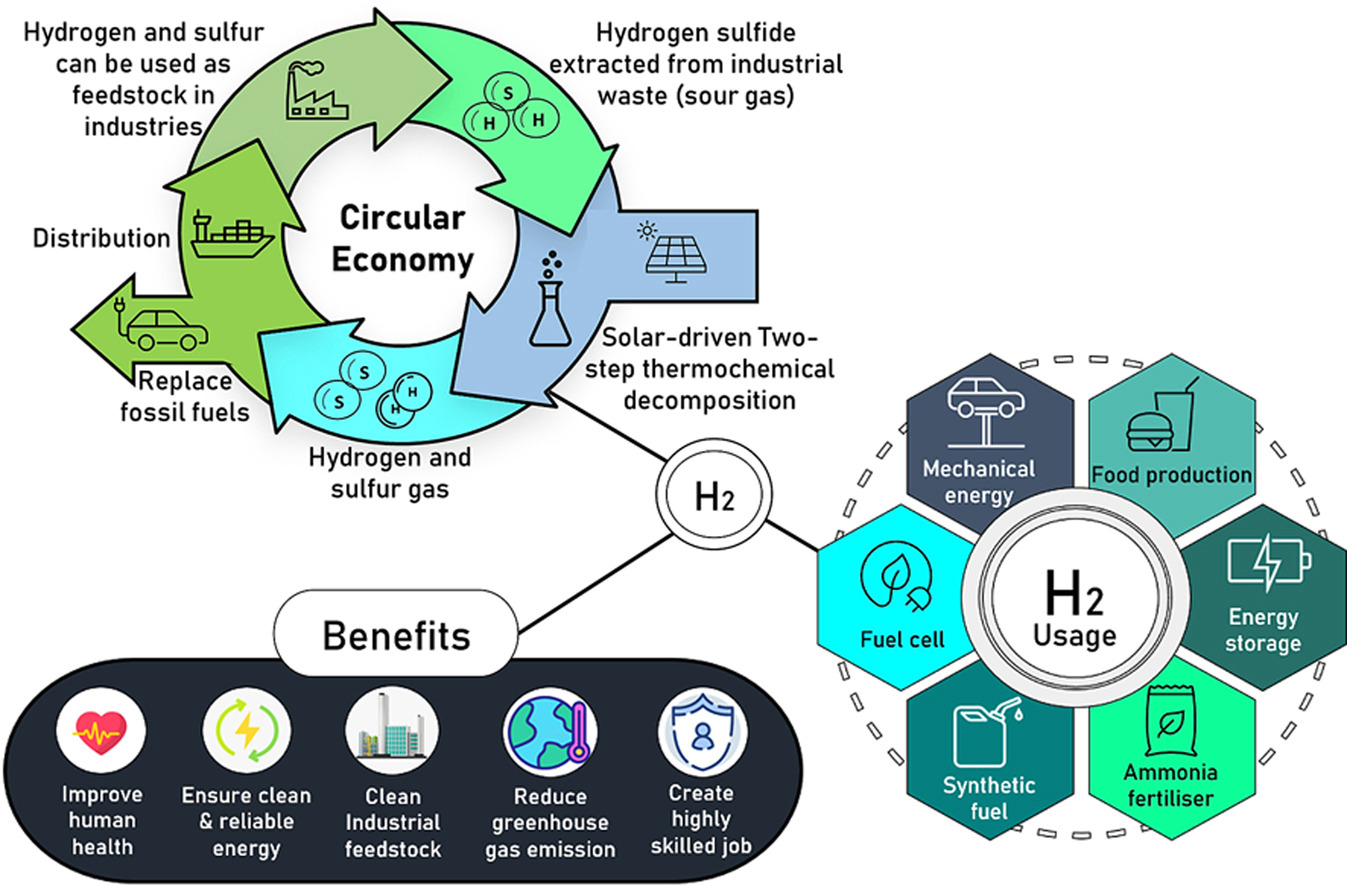Dr. Nidal Hilal’s Book Assumes Significance as Global Demand for Membranes Forecast to Increase 9% Per Annum to Reach Over US$19 billion by 2015
Abu Dhabi-UAE: 29 April, 2012 – Membrane separation is extremely important for desalination, production of drinking water and waste water treatment in the UAE and the GCC region. Membrane modification techniques are aimed at increasing the efficiency and performance of membrane separation and making them attractive for specific separations, according to Dr. Nidal Hilal, an international expert in desalination and membrane technology and a Professor in Nano-membranlogy and Water Technologies at Masdar Institute of Science and Technology.
Membrane separation is a technology which selectively separates (fractionates) materials via pores and/or minute gaps in the molecular arrangement of a continuous structure. Membrane separations are classified by pore size and by the separation driving force. These classifications include Microfiltration (MF), Ultrafiltration (UF), Nanofiltration (NF), Ion-Exchange (IE), and Reverse Osmosis (RO).
Dr. Nidal Hilal is the co-author of a recently published book by CRC Press titled ‘Membrane Modification: Technology and Applications’. His remarks assume significance following an industry study by the Freedonia Group that reports global demand for membranes is projected to increase a healthy 9% annually to US$19.3 billion by 2015, while demand for water desalination products and services is forecast to increase 9.3% annually to US$13.4 billion by 2015.
The Freedonia Group is a leading international business research company that publishes more than 100 industry research studies annually. It predicts that rising environmental standards and regulations in many parts of the world, and high population growth, particularly in water-stressed areas, will further drive investment in membrane-based water and wastewater systems. Oil-rich nations are increasingly shifting to more efficient membrane desalination systems (reverse osmosis) and the Middle East and North Africa will account for about two-thirds of global demand for desalination products and services, the study adds and points out that Saudi Arabia, the UAE and Kuwait are the largest desalination markets in the Middle East.
Dr. Nidal Hilal’s book presents a comprehensive review of the current developments within membrane separation processes with a focus on process optimisation through control of membrane surface properties for key industrial applications.According to him, membrane processes have many other applications apart from desalination.
Dr. Hilal said: “In addition to their use in water treatment and desalination, membrane processes are used in pharmaceutical industries to separate valuable medical products as they are capable to separate solid materials such as powders in the size range between one nanmoeter and 10 microns.”
For example microfiltration membranes [MF] have pores between 0.1 microns and 10 microns, ultrafiltration membranes [UF] have pores between five nanometers and 0.1 microns and nanofiltration membranes [NF] have pores between one nanometer and five nanometers.
He added: “Thus, the importance and versatility of membrane systems could range from industries such as water treatment and desalination to fuel cells to pharmaceutical production and emerging medical technologies such as tissue engineering.”
The book presents a complete range of membrane modification techniques used to increase efficiency of membrane processes. Modification of different materials and geometrics including flat-sheet, hollow-fiber and nano-fiber membranes, reverse osmosis (RO), membrane distillation (MD), gas separation (GS), pervaporation (PV), and membrane fuel cells (MFC), are extremely important for professionals such as analytical scientists, material engineers, and environmental chemists, as well as chemical and environmental engineers.
Dr. Hilal concluded: “Membrane modification techniques will have significant impact on industry as they will lead to an improved efficiency of membrane processes that offer more products at less cost. More specifically, the UAE and the region will benefit from operating better fouling-resistant membranes in RO desalination plants as it will reduce operational fouling problems and therefore reduce cost.”
Holder of a PhD in Chemical Engineering and a DSc in Nanotechnology and membrane separation from the University of Wales in the UK, Dr Nidal Hilal, is additionally entrusted with the responsibility of working with the faculty to establish a Centre of Excellence for Water Technologies at Masdar Institute. Dr. Hilal is also the current Editor-in-Chief of ‘Desalination’, an international journal on the science and technology of desalting and water purification. In 2009, Dr. Hilal co-authored with Dr. W. Richard Bowen a book titled ‘Atomic Force Microscopy in Process Engineering: An Introduction to AFM for Improved Processes and Products’.
Established as an ongoing collaboration with the Massachusetts Institute of Technology (MIT), Masdar Institute integrates theory and practice to incubate a culture of innovation and entrepreneurship, working to develop the critical thinkers and leaders of tomorrow. With its world-class faculty and top-tier students, the Institute is committed to finding solutions to the challenges of clean energy and climate change through education and research.






